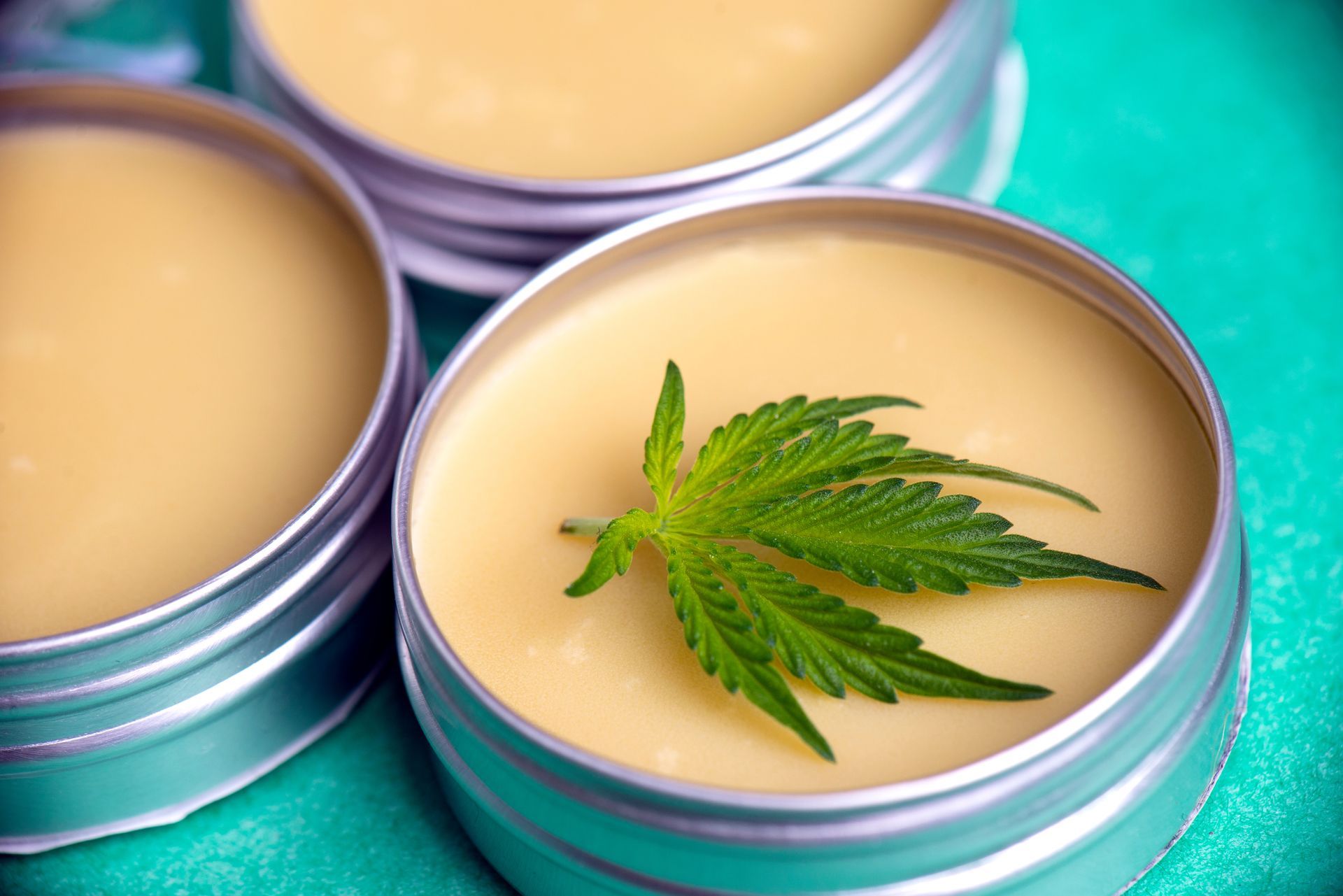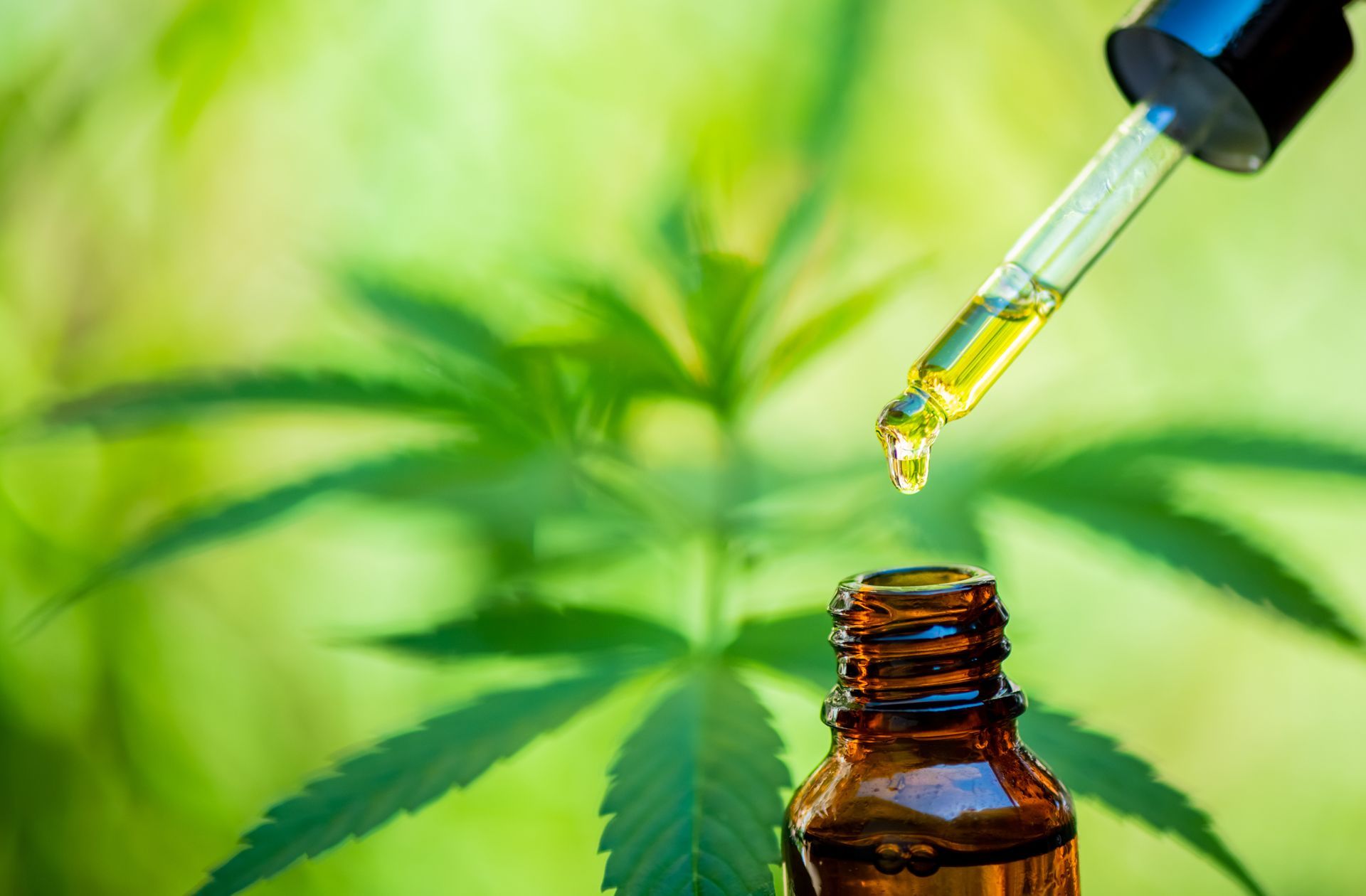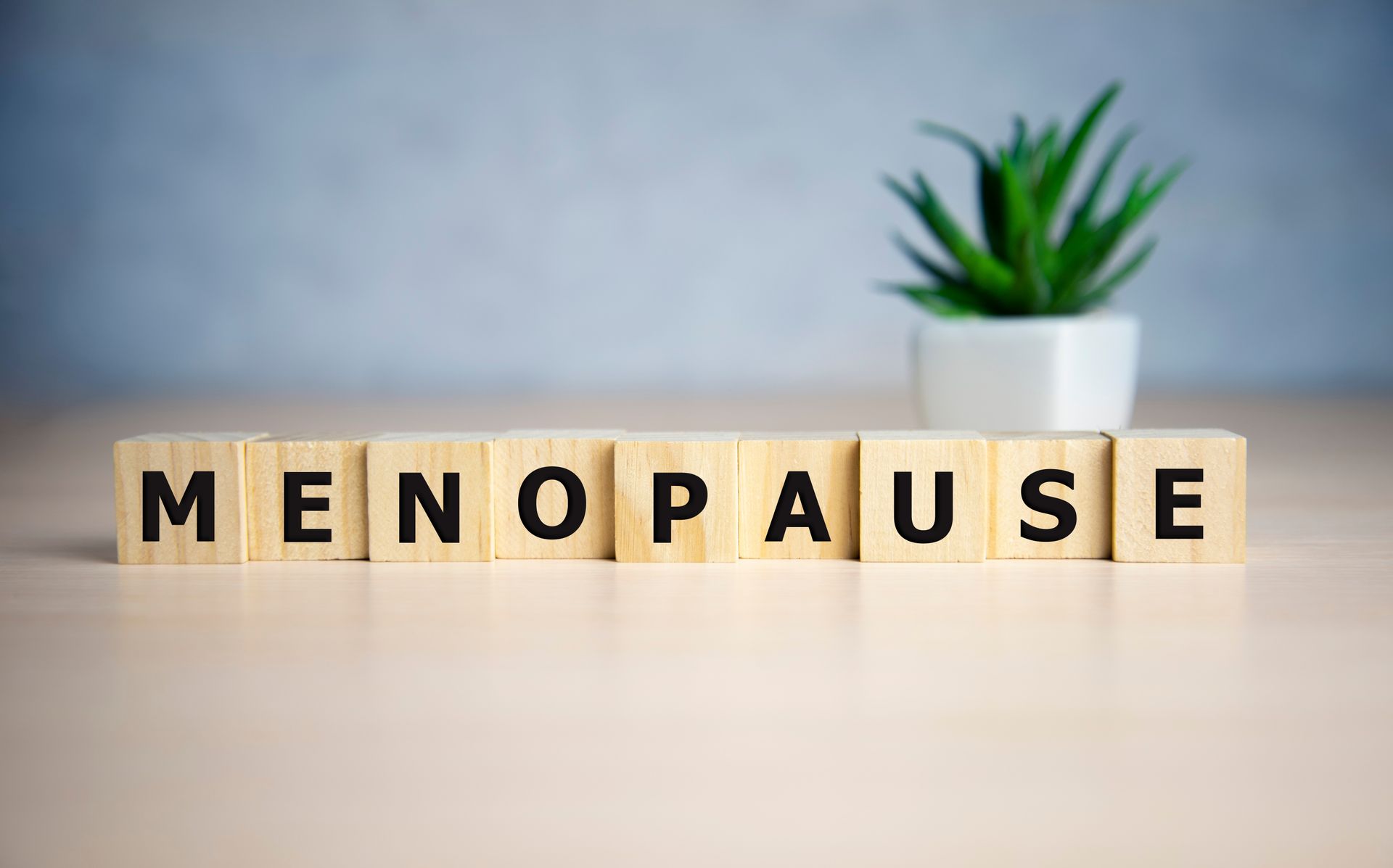Blog Layout
Can CBD Help Treat Depression Symptoms?
September 12, 2019
In recent years, the natural compound CBD (short for Cannabidiol) has seen a surge in popularity as continued research unveils a multitude of health benefits. While this natural compound can be helpful for a plethora of ailments, depression has emerged as one condition most positively impacted by this cannabinoid.
It’s no surprise depression has become one of the largest health epidemics embattling our society.I f you’re reading this, it’s probably because you or a loved one is grappling to cope with their depression, either temporary or chronic. While there are many factors that can contribute to depression: sleep deprivation, unregulated hormone levels, work or personal relationships, to name a few.
According to the National Institute of Mental Health, more than 17 million adults suffered at least one major depressive episode in 2017; this represents more than 7% of the U.S. adult population. Depression, among other mental health conditions, can be hard to measure and diagnose as they offer no physical symptoms. Before the recent popularization of CBD, the most popular treatments for depression are therapy and anti-depressant medication (SSRI’s) that help the body regulate chemical signals sent to the brain, which affect your mood. However, these medications come with potent and dangerous side effects. Keep reading to learn how CBD compares to traditional depression treatments.
Is CBD or Pharmaceutical Anti-Depressants a Better Option for Me?
Depression is one of the largest contributors to global disability, while anxiety ranks #6, according to a Healthline report.
Most prescriptive antidepressant medicines, such as Zoloft, Prozac and Wellbutrin, are made with chemicals that affect your serotonin and dopamine
levels. These have a range of side effects, including mood swings, fatigue and reduced libido, but are also strongly addictive in high doses. Weaning off of antidepressants, as many addictive substances, can lead to weight gain, dizziness, irritability and other withdrawal-like symptoms.
CBD is a non-addictive chemical that can help soothe the minds of those struggling with depression, alleviating the chronic weight on their mind. CBD has been shown to boost serotonin, the absence of which leads to strong feelings of depression.
Compared to these chemically-rooted options, CBD’s natural, organic supplement prosperities, as reported by the World Health Organization, have yet to provide effects indicative of abuse or the dependencies for treating depression.
Beyond the side effects, many people, including those who struggle from depression, are weary to swallow pills. CBD offers multiple forms of consumption including oils, gummies, candies and drinks, making it easier to find a digestible (pun intended) way to treat your symptoms.
On a financial level, CBD might be the best treatment if you are not covered by health insurance. Without health insurance, visiting psychiatrists and filling prescriptions can be costly; CBD provides an over-the-counter, cost-effective alternative that might be your best option if you cannot afford insurance or out-of-pocket medication.
Is CBD or Marijuana a Better Option for Depression?
As the depression epidemic grows, as does the need to innovate treatment. CBD can be obtained over the counter, making it easier for those without insurance to procure. CBD has also become a better alternative than its THC cousin, Marijuana.
While Marijuana is commonly thought of as a helpful tool for managing anxiety, it can actually do more harm than good for managing mental health conditions. Marijuana can impair your ability to communicate or be productive, which often spawns the stereotypical (but somewhat accurate) portrayal of a lethargic marijuana user splayed on their couch.
While healthy eating, exercising and socializing may not cure depression, those who involve themselves in these lifestyle choices are less at risk. By inhibiting your body’s ability to be active and healthy, it’s harder to get your mind to do the same. Reducing marijuana use and its cerebral effects will lower your inhibitions to get outside and into the world, an integral step in all depression and wellness journeys.
So Is CBD Better for You than Anti-Depressants?
While CBD certainly provides support for depression without the risk of addiction, the benefits may vary depending on the severity of the case. CBD might be more effective for some users and specific conditions than others. With various consumption forms, a smaller financial burden and easy, over-the-counter accessibility, CBD might be the right choice for you. Remember, if possible, to consult your primary healthcare provider, psychiatrist or therapist before beginning using CBD in addition, or instead of, your current medication.
FDA Disclosure
This product is not for use by or sale to persons under the age of 18. This product should be used only as directed on the label. It should not be used if you are pregnant or nursing. Consult with a physician before use if you have a serious medical condition or use prescription medications. A Doctor’s advice should be sought before using this and any supplemental dietary product. All trademarks and copyrights are property of their respective owners and are not affiliated with nor do they endorse this product. These statements have not been evaluated by the FDA. This product is not intended to diagnose, treat, cure or prevent any disease. By using this site you agree to follow the Privacy Policy and all Terms & Conditions printed on this site. Void Where Prohibited By Law.
© 2025
All Rights Reserved | TOP10CBD | Website Created By REV77



